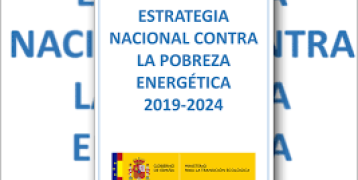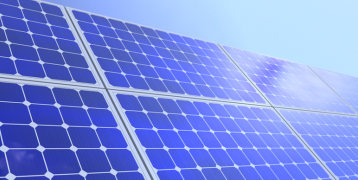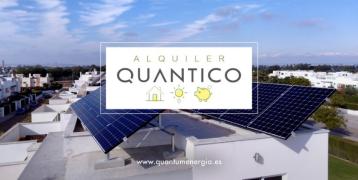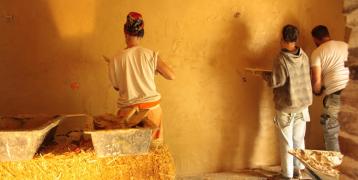Tackling energy poverty with low-carbon interventions
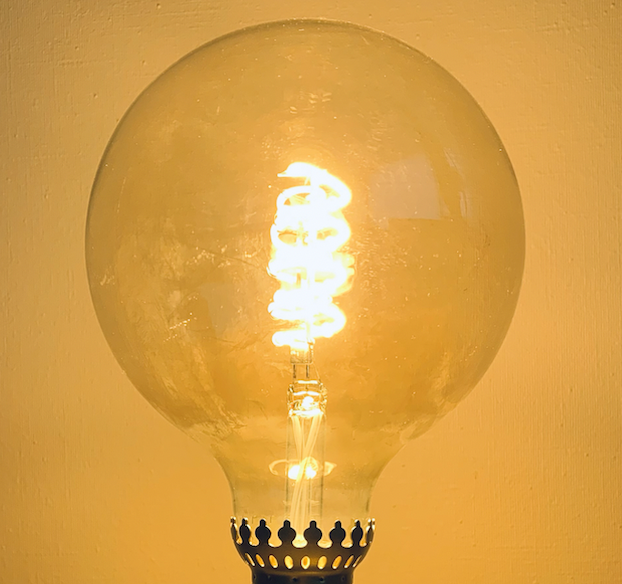
Energy poverty is of growing concern in Europe, as a result of rising energy prices that are having an impact in all parts of the continent. Public authorities need to find ways of tackling energy poverty, to improve quality of life for citizens, while also contributing to decarbonisation goals.
Many current policy solutions simply subsidise fossil fuel energy, but interventions should instead contribute to Europe’s climate goals by improving:
- Energy efficiency
- Support the integration of renewable energy resources
- Improving user behaviour
These low-carbon interventions are typically longer-term but are already being proven as cost-efficient and effective in examples from across Europe.
Practices and pilots from Interreg Europe projects demonstrate approaches that can make new low-carbon technologies accessible, provide financing for projects, empower citizens and communities to act, and set new normative frameworks to mainstream sustainable energy.
Policy brief on tackling energy poverty with low-carbon interventions
Policy brief on tackling energy poverty with low-carbon interventions
Featured good practices
